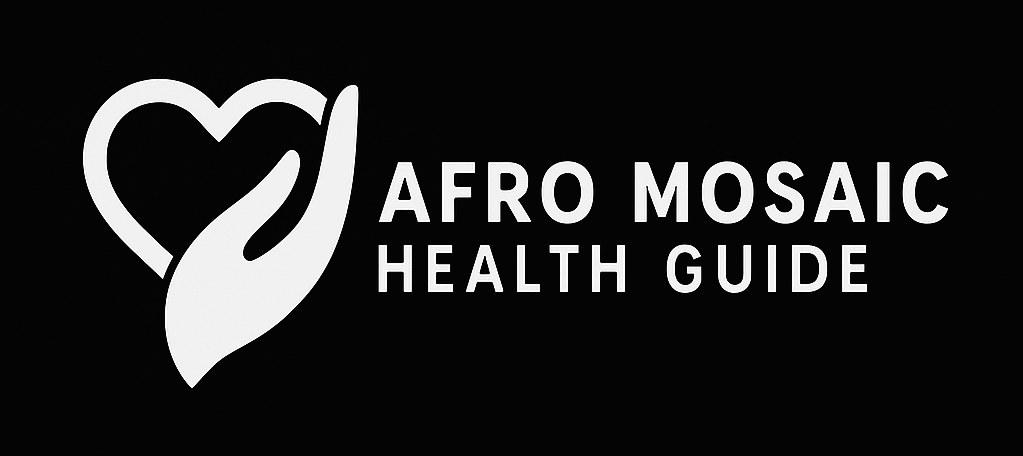“Taking Charge of Your Sexual Health: Understanding STIs
Let’s take a moment to talk about something significant for your health and well-being: Sexually Transmitted Infections, or STIs.
Maybe you’ve heard of them, or maybe you haven’t really thought much about testing. But I want us to look at this topic together, not with fear or shame, but with knowledge and power. This isn’t a difficult conversation, it’s a necessary one. Think of this as your personal guide to taking charge of your sexual health journey.
General Context & Importance: Lifting the Veil on the Hidden Epidemic
STIs are incredibly common, but they are often called a “hidden epidemic” because they spread quietly, often without anyone knowing they are infected. STIs are caused by tiny germs, like viruses (like Herpes Simplex Virus, or HSV) or bacteria (like chlamydia and gonorrhea). They pass from one person to another mainly through vaginal, oral, or anal sex.
Here are some facts that show why this is so important: In the United States, there were 2.4 million cases of just three main infections—chlamydia, gonorrhea, and syphilis—reported in 2020 alone. That’s a huge number! And just for genital herpes, the CDC estimated about 572,000 new infections among people aged 14 to 49 in 2018.
The main reason these numbers are so high is because most infections don’t make you feel sick right away. Many people with STIs have no symptoms at all, which means they are asymptomatic. For example, up to 85 percent of women with chlamydia don’t realize they have it. Symptoms may be so mild that they are brushed off, maybe mistaken for something minor like a pimple or an ingrown hair. This lack of symptoms is a big problem because it allows the infection to spread easily since people don’t know they need to see a doctor or take precautions.
But ignoring these silent infections can lead to serious and lasting health trouble, therefore taking care of your sexual health now is critical to your future.

If an STI is left untreated, it can cause major damage. For women, infections like chlamydia or gonorrhea can climb up into the reproductive organs and cause Pelvic Inflammatory Disease, or PID. PID can leave scar tissue that leads to chronic pain or makes it impossible to have a baby (infertility). Syphilis, in particular, is tricky—it’s often called the “great imitator” because its symptoms can look like many other conditions. Untreated syphilis can damage important parts of your body, like your heart and brain, years later.
Also, having an STI like genital herpes can cause sores or small breaks in your skin, making it easier for another virus, like HIV, to enter your body. This increases the chance of catching or spreading HIV through sex. Taking care of STIs is truly about protecting your entire life, not just one part of your body.
13 Common Early Signs
Because STIs often sneak around without symptoms, knowing the subtle clues is your superpower. Remember: if you see any of these signs, don’t panic. They might be something else, but they are serious enough that you need a check-up, therefore noticing them is the first step toward getting treated and staying healthy.
Here are 13 common early signs that might mean you have an STI:
- Unusual Sores or Blisters: These can show up on or around your mouth, genitals, or rectum. With herpes, they start as painful blisters. With primary syphilis, the sore is often painless, called a chancre.
- Pain or Burning when Peeing (Dysuria): This is a very common sign for bacterial infections like chlamydia and gonorrhea.
- Strange Vaginal Discharge: This means more discharge than usual, or discharge that has a smelly or foul odor.
- Discharge from the Penis: If you notice dripping from the penis, it could be chlamydia or gonorrhea. With gonorrhea, the discharge may be yellow, green, or white.
- A Rash You Can’t Explain: Secondary syphilis often causes a rash that isn’t itchy and can look rough, red, or reddish-brown. It can show up famously on the palms of the hands and soles of the feet.
- Fever: Feeling run down or having a fever, like you have the flu, can be an early sign of herpes or HIV infection.
- Swollen Glands: Your lymph nodes (glands) in your neck, groin, or other areas might swell up, often happening with the first herpes outbreak or early HIV.
- Body or Muscle Aches: General aches, sometimes like the flu, can come with early herpes, secondary syphilis, or early HIV infection.
- Sore Throat: This might mean you have an infection in your throat, especially if you had oral sex.
- Rectal Symptoms: Pain, soreness, discharge, bleeding, or painful bowel movements in the anal area can signal infection.
- Vaginal Bleeding Between Periods: Some women with gonorrhea may notice bleeding when they aren’t expecting their period.
- Painful or Swollen Testicles: This is a less common, but possible, sign of chlamydia or gonorrhea in men.
- Wart-Like Growths: Whitish, wart-like lesions might appear on moist parts of the body, like the armpits or groin, during the secondary stage of syphilis.

When to See a Doctor
The most important takeaway here is that you don’t have to wait for symptoms to show up before you get tested. In fact, most people who have an STI don’t know it, so getting tested should be a normal part of your routine healthcare.
You should absolutely call a healthcare provider if you notice any of these signs:
- An unusual sore, blister, or rash, especially around your groin or mouth.
- A smelly discharge from your genitals.
- Burning when you pee, or bleeding between periods.
- You found out that your partner has an STI or has symptoms of one.
But because STIs are so good at hiding, regular checks are crucial. The CDC says that sexually active people should consider getting tested yearly. It’s just like getting an annual check-up or going to the dentist!
For certain groups, like men who have sex with men and people living with HIV, screening for syphilis may be recommended every three months.
Also, if you are pregnant, please know that all pregnant people should be tested for syphilis at their first prenatal checkup. Syphilis passed to an unborn baby (congenital syphilis) is extremely dangerous and can lead to miscarriage, stillbirth, or the baby’s death.
It’s easy to feel embarrassed or worried about asking for a test, but remember that doctors and health clinics are safe spaces where you can ask honestly about your risk. Seeking care promptly is vital because curable STIs like chlamydia and gonorrhea are treated with antibiotics. Early syphilis can often be cured with just a single shot of medicine called penicillin. If you acquire HIV, starting treatment early, called antiretroviral therapy, can help you live a long and healthy life.
Dr. Stacey Rizza, an infectious diseases specialist, reminds us that prevention is key and recommends using barrier protection, like condoms or dental dams, during oral, anal, and vaginal sex. Therefore, by being open with yourself and your healthcare provider, asking for routine tests, and talking honestly about safer sex practices, you are truly empowering yourself to stay healthy and protect the people you care about.















